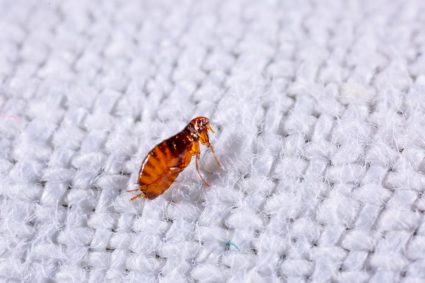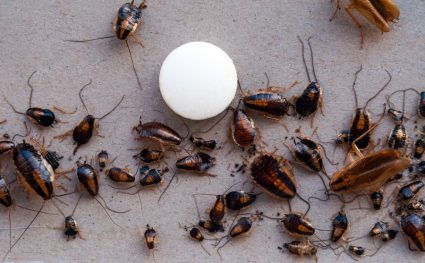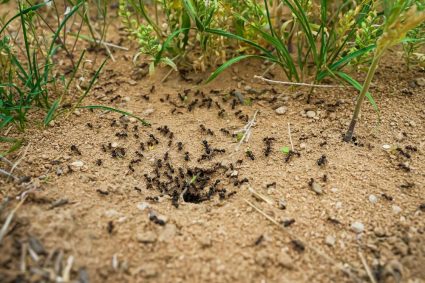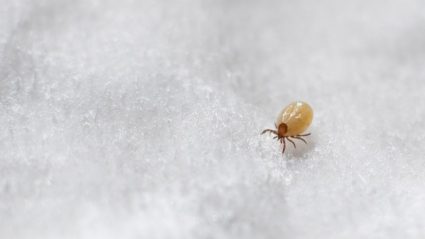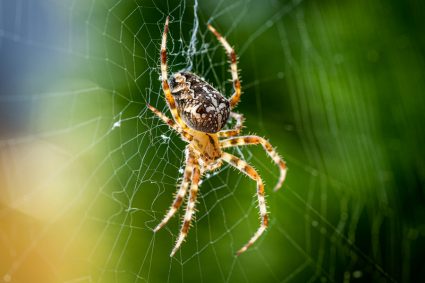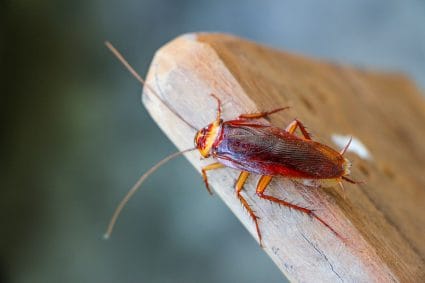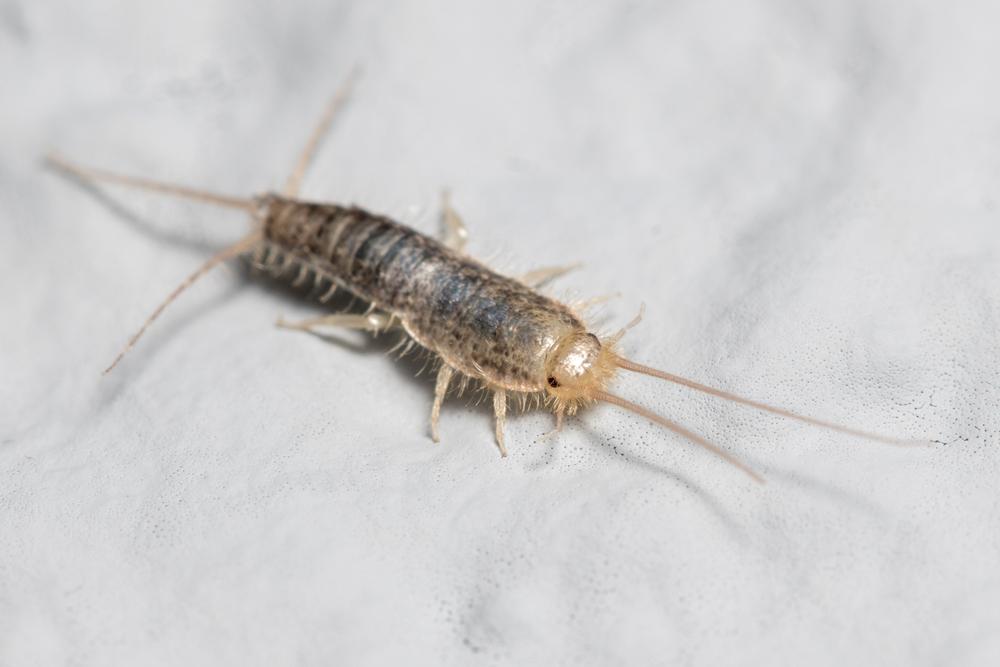
Silverfish, scientifically known as Lepisma saccharina, are small, primitive, wingless insects that are known for their silvery light grey color and fish-like movements. These pests are attracted to environments with high humidity and consistent temperatures. They are notorious for causing damage to household items such as books, wallpapers, clothing, and food items. But can something as common as salt kill these pests? Let’s delve into this topic in detail.
Yes, salt can kill silverfish. These pests are attracted to salt but consuming it can dehydrate them, leading to their death. Moreover, salt absorbs moisture, helping to eliminate the damp environments silverfish thrive in. However, it may take time to see results and salt alone cannot eliminate silverfish eggs and larvae. Therefore, it’s recommended to use salt in combination with other pest control methods.
Salt and Silverfish: A Deadly Combination?
Silverfish are attracted to salt. However, consuming it can cause them to become dehydrated and eventually die. Salt also absorbs dampness in the area, which can help eliminate the moist environments that silverfish prefer. However, using salt to kill silverfish may take more time to show its impact and may damage wood and carpets when used excessively. Additionally, salt cannot remove eggs and larvae, so other control methods like insecticides may be required.
Comparing Salt to Other Household Remedies
While salt is a viable option for getting rid of silverfish, there are several other household remedies that can be used. These include boric acid, diatomaceous earth, cedar shavings, cinnamon, citrus fruits, cucumber peelings, and cloves. Each of these methods has its own advantages and disadvantages, and the choice of method will depend on the specific circumstances of the infestation.
The Science Behind Using Salt
Scientific evidence supporting the use of salt as a silverfish deterrent is limited and somewhat conflicting. While some sources suggest that salt can be effective in controlling silverfish populations, other sources argue that salt does not effectively kill silverfish. However, other substances have been found to be more consistently effective in deterring or killing silverfish such as indoxacarb, clothianidin, and fipronil, which are active ingredients in some commercial baits.
Potential Damage Caused by Silverfish
Silverfish can cause significant damage to a home environment. They feed on a variety of materials, including paper, cardboard, books, glue, vegetables, cereals, and dead insects. This means they can cause damage to a wide range of household items and structures. Seeing silverfish in your home could indicate that there is water damage that needs to be addressed.
Environmental Impact of Using Salt
Using salt to deter silverfish can have potential negative effects on the environment and other animals. Salt can cause moisture buildup in areas where it is used, potentially leading to damage or discoloration of certain fabrics or papers. Moreover, salt can be toxic to other types of insects, including beneficial ones.
Proper Application of Salt
To effectively use salt against silverfish, you should sprinkle it directly on the pests or in areas where they are commonly found. This not only targets the silverfish but also helps absorb excess moisture in the area. However, while salt can be an effective home remedy against silverfish, it’s not a perfect method. Therefore, it’s recommended to use salt in combination with other methods for a more comprehensive approach to silverfish control.
Other Effective Pest Control Methods
There are several other methods that can effectively eliminate or deter silverfish. These include maintaining cleanliness and reducing moisture, using dehumidifiers and fans, homemade starchy traps and wet newspaper, sticky traps, natural repellents, diatomaceous earth, boric acid, and insecticides.
In conclusion, while salt may have some deterrent or lethal effects on silverfish, its effectiveness is not consistently supported by scientific evidence. Other methods, such as the use of specific baits or essential oils, may be more reliable for controlling silverfish populations. Always remember, if the infestation is severe or persistent, it may be necessary to consult a pest control professional for a more effective solution.
Frequently Asked Questions
What are the signs of a silverfish infestation?
Signs of a silverfish infestation include seeing the actual insects, finding their shed skins or tiny pepper-like feces, or noticing damage to paper goods, fabrics, or food items.
Why are silverfish attracted to my home?
Silverfish are attracted to homes because they provide the warm, damp environments they prefer. They are particularly attracted to areas with high humidity such as bathrooms, kitchens, basements, and attics.
Are silverfish harmful to humans?
Silverfish are not harmful to humans. They do not bite or carry diseases. However, they can trigger allergic reactions in some people.
Can silverfish infestations be prevented?
Yes, silverfish infestations can be prevented by reducing moisture in your home, sealing cracks and crevices where they can enter, and removing their food sources such as paper, cardboard, and certain foods.
How long does it take for salt to kill silverfish?
The time it takes for salt to kill silverfish can vary. It can take several days to weeks depending on the size of the infestation and the amount of salt used.
Are there any commercial products that can effectively kill silverfish?
Yes, there are several commercial products available that can effectively kill silverfish. These include baits and insecticides containing active ingredients such as indoxacarb, clothianidin, and fipronil. Always follow the manufacturer’s instructions when using these products.

